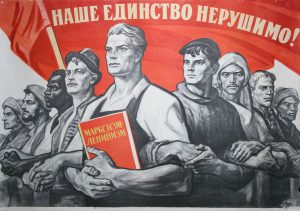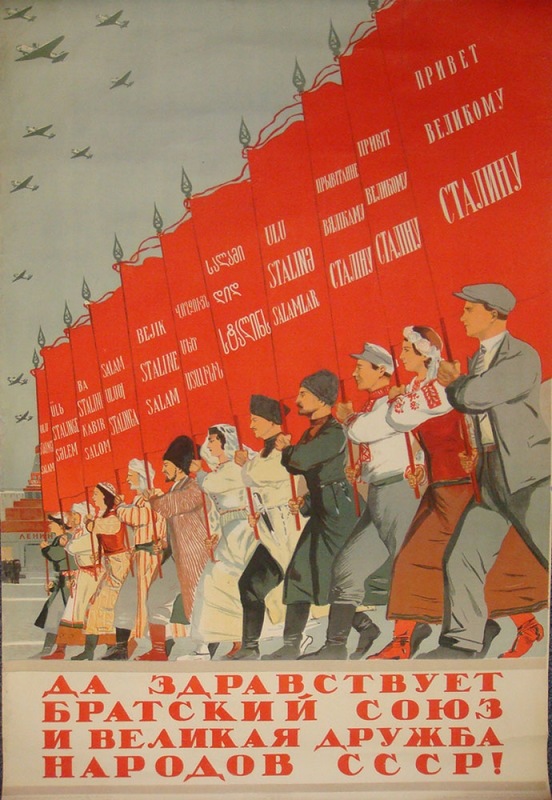
Russian occupiers to close all but one Crimean Tatar media outlet as of tonight
“At the stroke of midnight” today, Denis Krosheyev, Amnesty International’s deputy director for Europe and Central Asia, says,…


To suggest a correction or clarification, write to us here
You can also highlight the text and press Ctrl + Enter
Please leave your suggestions or corrections here

We are an independent media outlet that relies solely on advertising revenue to sustain itself. We do not endorse or promote any products or services for financial gain. Therefore, we kindly ask for your support by disabling your ad blocker. Your assistance helps us continue providing quality content. Thank you!